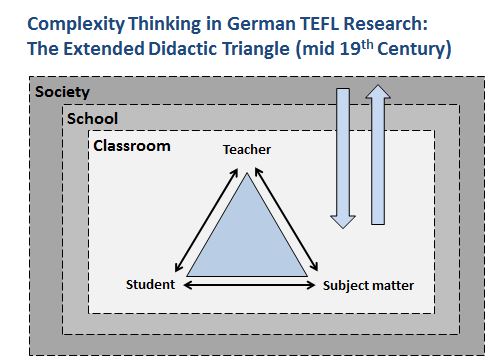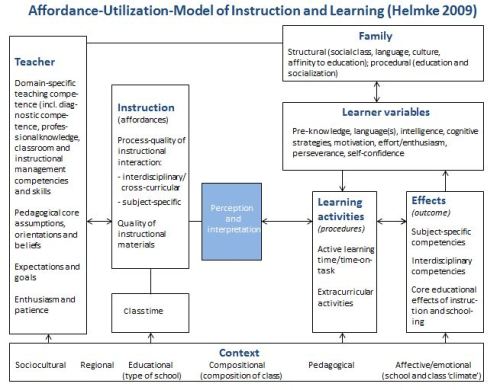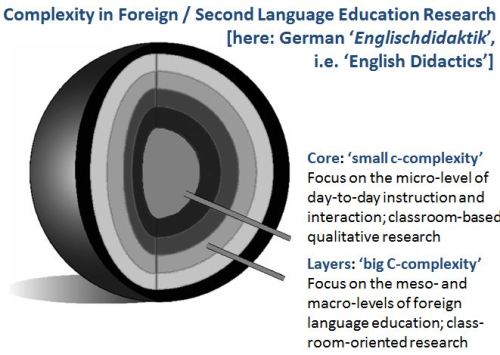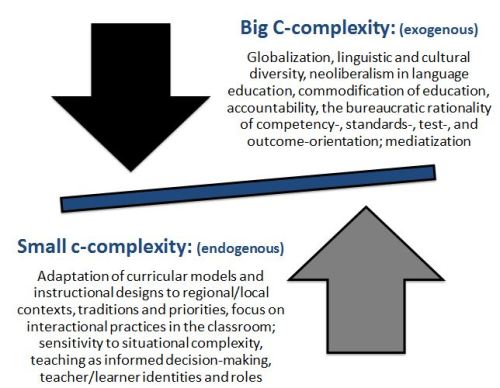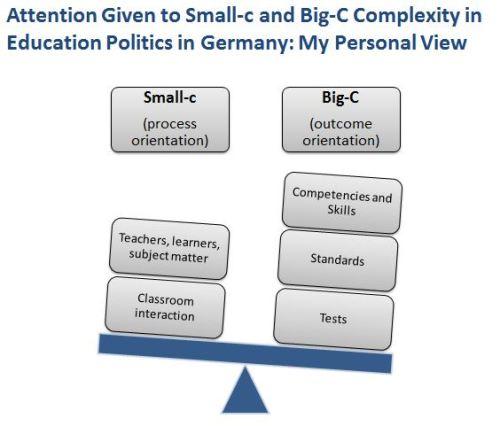posted by Jürgen Kurtz, Justus Liebig University (JLU) Giessen, Germany
The four-day international Munich conference on global citizenship education and (foreign) language learning in the digital age ended today (cf. my previous post). In retrospect, it was well worth attending: very professionally organized, brilliant speakers, and inspiring, thought-provoking plenaries and talks.
Most talks and presentations I went to addressed contemporary issues and emerging challenges related to global citizenship education and language learning from a humanistic (or ‘philanthropic’) perspective. A humanistic concept of global citizenship is rooted in the supposition that there is a certain commonality among us, as we are all human, and that the notion of global citizenship education transcends the geopolitical borders of the nation-state, especially or even more so perhaps in the age of the internet, i.e. in virtual space. In the context of my talk on neoliberalism in (foreign) language education in Germany, I referred to this conceptualization as a romanticized, early 21st century interpretation of enlightenment. How appropriate, how realistic is this view?
As I see it, looking at global citizenship education in this way largely disregards that (foreign) language education in schools – and this is the context I wish to focus on here– is no longer seen in its educational context only. From the late twentieth century onwards, (foreign) language education has been coopted into other, political and socio-economic agendas and it is now conceived of by those who hold and control the political and economic power as a strategic instrument primarily (as well as a valuable commodity), which is declared indispensable for responding to (or even overcoming) real or imagined threats. The underlying narrative centers on the idea that educational ‘failure’ (whatever is meant by that und whoever claims the authority to define it) is detrimental to a country’s economic strength, competitiveness, wealth, and ‘well-being’. All this has culminated in the paradoxical, post-PISA logic of regulated deregulation (through standards-based instruction, testing of competencies and skills, monitoring measures, etc.).
In consequence, (foreign) language teachers are no longer viewed as (foreign) language educators primarly, but as political agents enacting neoliberal educational policies (which are, in essence, informed by a radical market orientation). I think it is high time to problematize how the humanistic (and as such utopian, idealistic, all too academic) approach to global citizenship is increasingly being turned into and misused as neoliberal propaganda. What about the ethics and moral implications of a neoliberal, radically market-driven, largely utilitarian approach to global citizenship education? In view of current, neoliberal regimes of educational governance world-wide and their reductive conceptualization and instrumentaliziation of education as performance training for international competitiveness and employability (the ‘can do’-perspective), how realistic is it to assume that (foreign) language learning in schools can be more than or different from producing useful multilinguals (in their role as consumers, employees, etc.) for the global economy? Language-sensitive global citizenship education, is this an educational (pedagogical) or a capitalist imperative (i.e. a global business model)?


